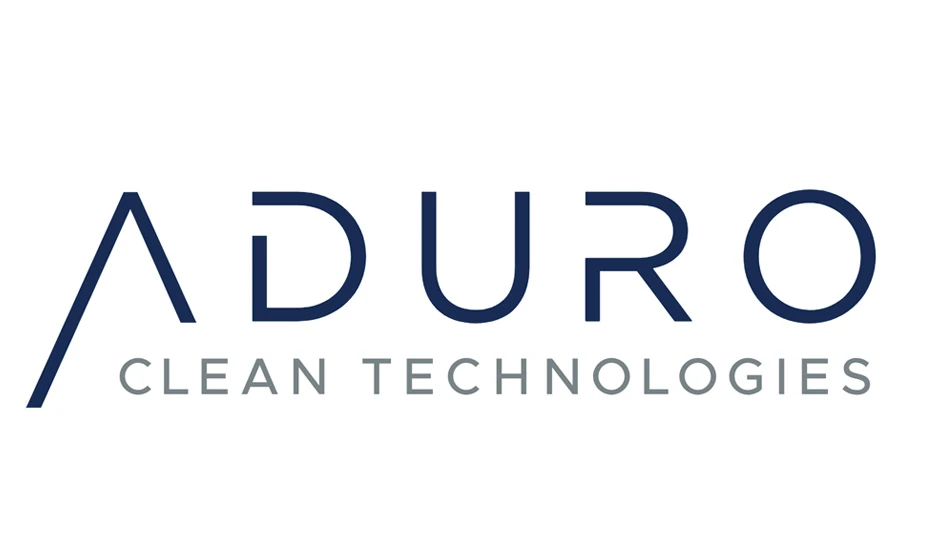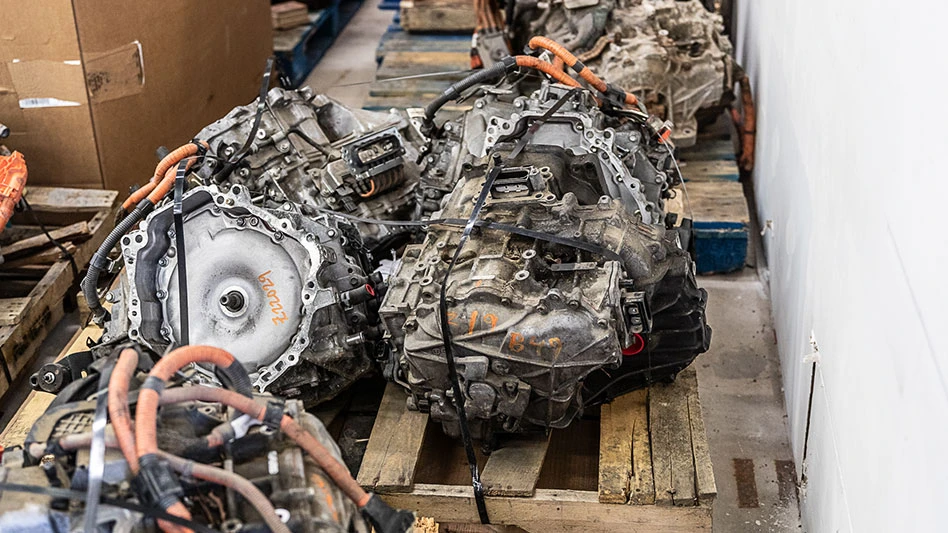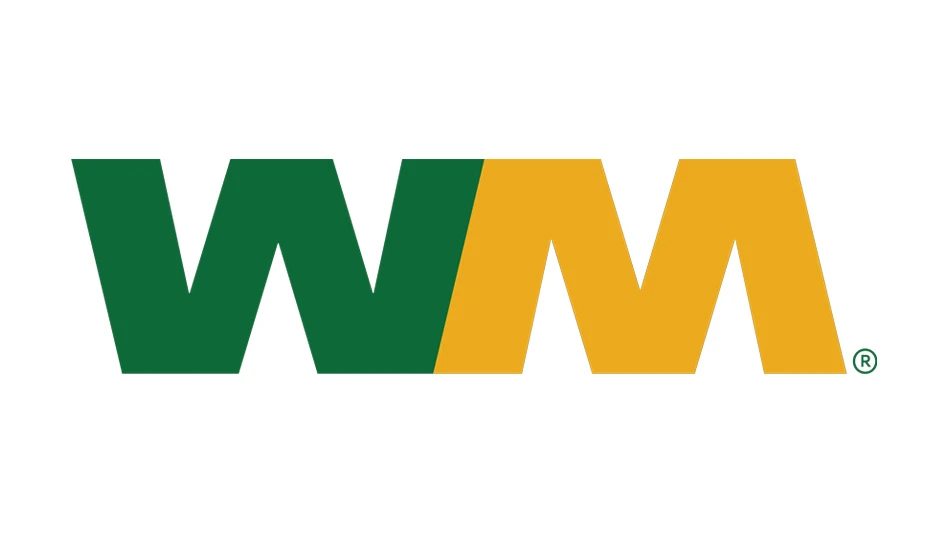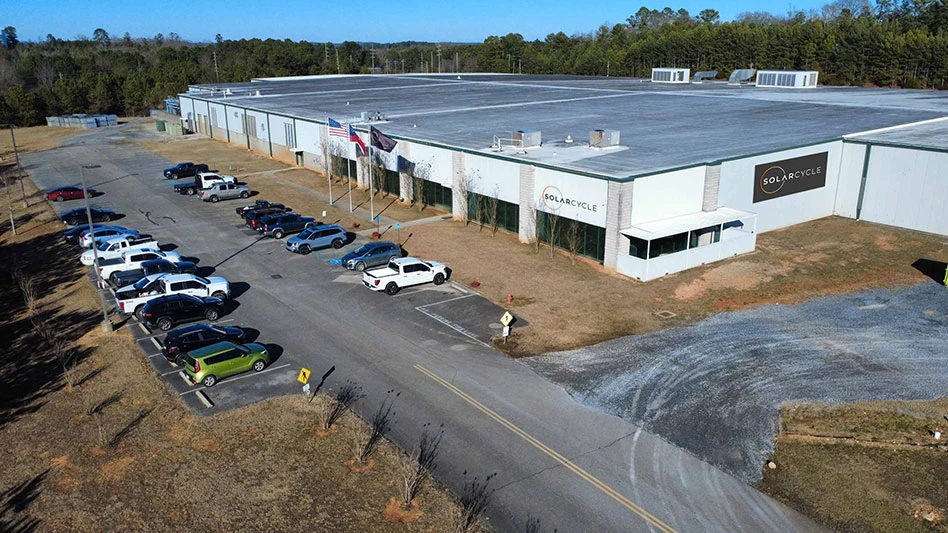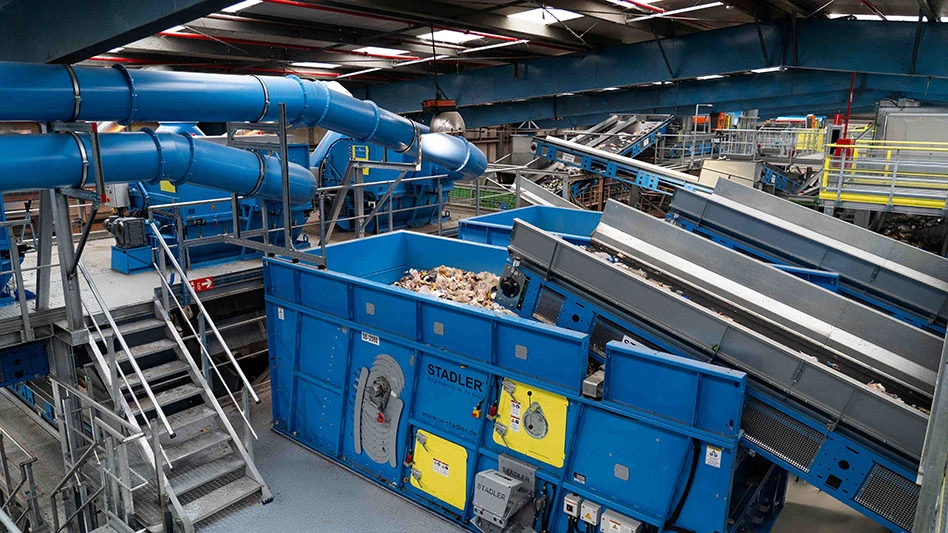
Photo courtesy of KW Plastics
After weakening at the end of 2021 and the start of this year, the market for polypropylene (PP) scrap has “turned around and gotten tight,” says Scott Saunders, general manager of Troy, Alabama-based KW Plastics.
KW Plastics reprocesses high-density polyethylene (HDPE) and PP. The company began operating a new wash line for PP late last year that increased its processing capacity by 100 million pounds per year. Saunders says that line already is running at capacity, so KW has plans to install another wash line that should be up and running in January of next year.
“We’re running at 98 percent capacity,” he says as of late mid-April. That’s after adding an extruder earlier this year. Before that addition, Saunders says KW was running at “102 percent capacity.”
Rather than making substantial gains in capacity with the new equipment, he says it instead is allowing the company to bring some of its other equipment down for maintenance as it’s been running full-bore for the last two years.
Saunders says delivery of equipment of all types is 24 to 40 weeks out. “You really have to plan if you’re going to make any additions.”
He attributes the softening in PP markets in late 2021 and the start of 2022 to pandemic-related manufacturing slowdowns and a buildup of inventories. Since then, however, prices have increased as has demand for PP as well as for mixed-color and natural HDPE, Saunders says.
Virgin prices for these resins also have increased. “I’m not sure how much of that is buoyed by the high price of oil,” he says.
While bale prices have come off the highs they reached earlier in the pandemic, PP and HDPE scrap pricing is still high in historical terms, Saunders says. Bales of PP tubs and lids are trading for nearly 40 cents per pound, down from 60 cents as of April of last year.
When pricing for natural HDPE bales rose near the $1.20 per pound price last year, he says a few brand owners pulled back on their commitments. However, others were “waiting on the sidelines and stepped in.”
Saunders continues, “We had a little depression there for a while, but now we are shipping at COVID-level volumes.”
He says he hopes the situation doesn’t overheat, adding, “We expect to see good, firm pricing through the end of the year unless something dramatically changes.”
Regarding postindustrial scrap, Scott Melton, president of ACI Plastics, headquartered in Flint, Michigan, says, “Automotive scrap generation is still slower than normal due to the chip shortage and reduced production. The medical scrap generation is continuing at the same pace as 2021.”
He continues, “We see signs of a slight uptick in automotive demand for recycled material, but it is still much slower than normal.”
Melton says ACI’s recycled pellets are “essentially sold out,” adding, “Our core group of customers have been very good about taking materials as soon as they are available and at prevailing market prices.” Black and natural PP are seeing especially strong demand.
Transportation continues to present challenges.
“Pricing of certain lanes has doubled and sometimes tripled the rate we were paying 18 months ago,” Melton says. “Finding carriers that will accept and keep their appointments has become more difficult. We are looking to add to our truck and trailer fleet so we can ensure materials will be delivered to meet customer orders.”
Saunders says that while transportation is “slightly more available,” it remains expensive. Earlier in the pandemic, he says, prices were “exorbitant and you couldn’t get a truck. Now, you have high prices and material is moving.”
Latest from Recycling Today
- Volatility wave hits copper pricing
- ArcelorMittal legal battle with Italy continues
- Altor program boosts EPS recycling
- IP to spin off non-North American operations
- Flexible Film Recycling Alliance report outlines progress
- RERF opens Avagliano award nominations
- Eriez expands European sales network
- Gränges increases sales volume in 2025
